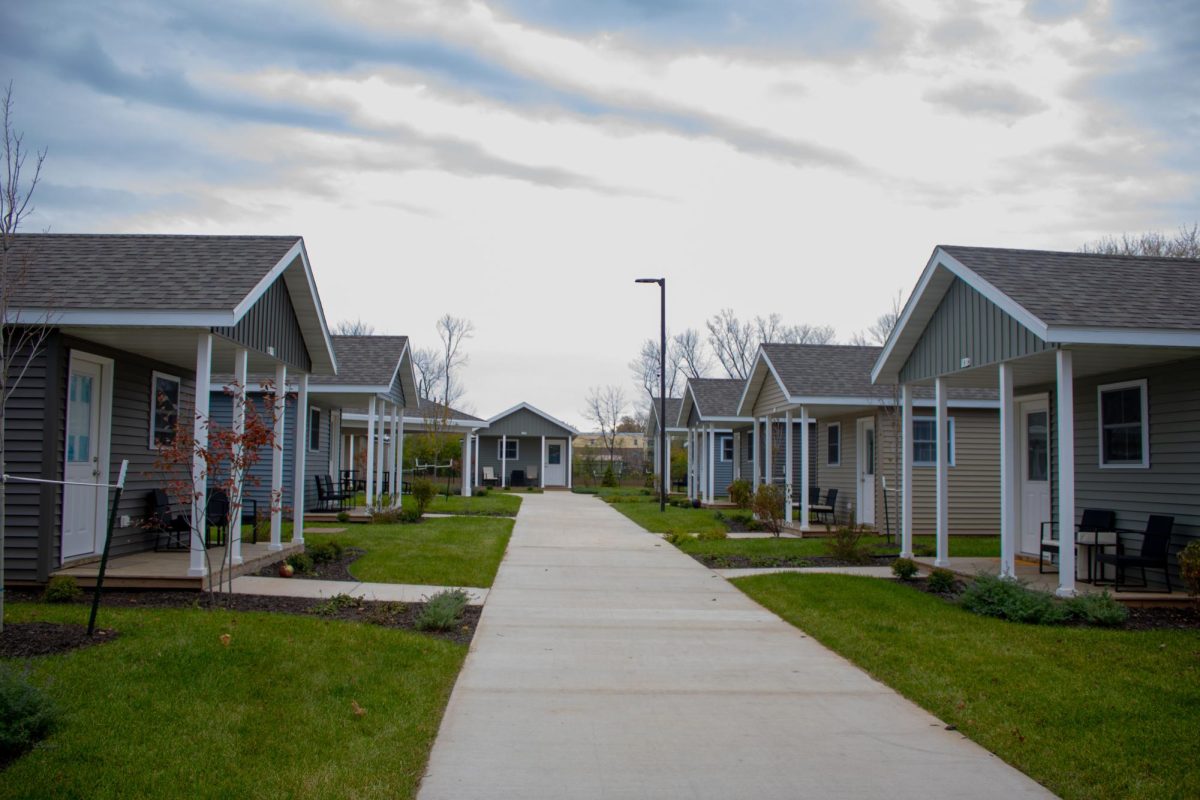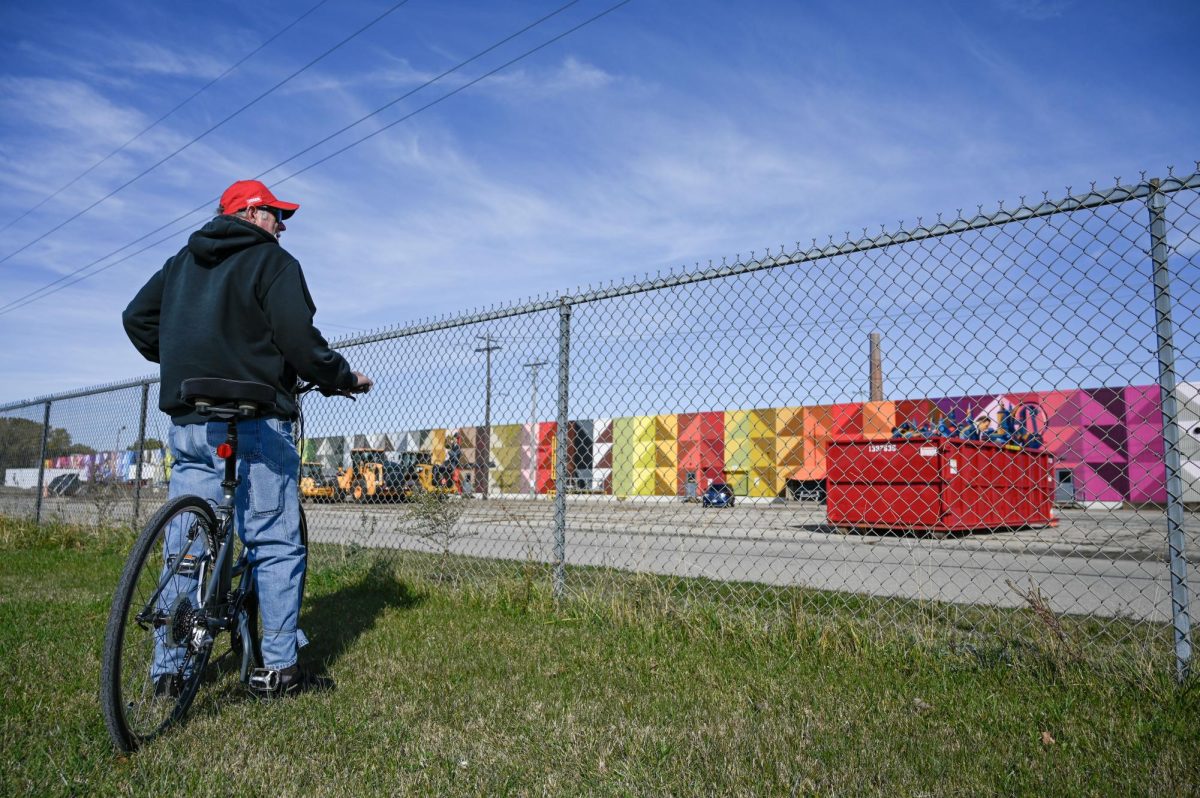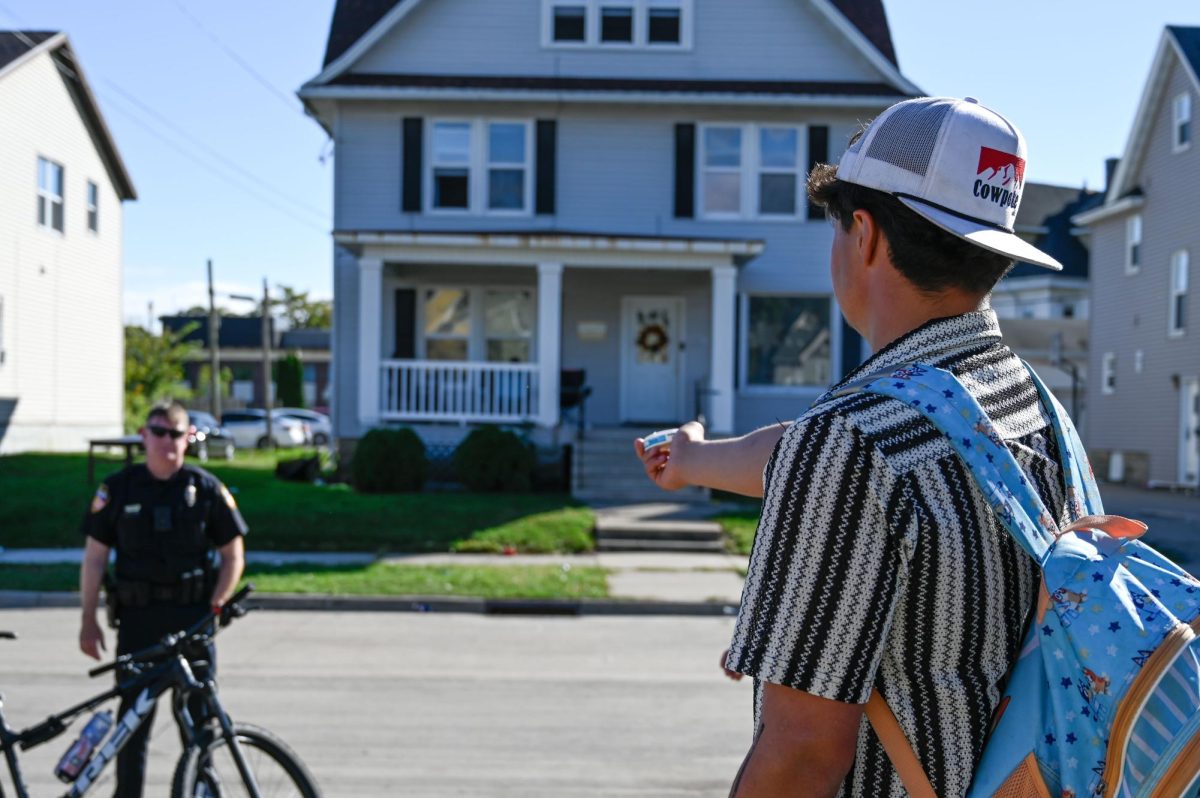By the end of her 34-year career, Julie Dumke, a former Oshkosh area teacher and co-founder and executive director of the Oshkosh Kids Foundation (OKF), realized some students needed more help than they were getting outside of school to be successful in their education.
“Something dramatically happened,” said Dumke. “The poverty level of Oshkosh went from very little to the fastest growing city of extreme poverty in the state of Wisconsin.”
The issue became exceedingly clear when Dumke spoke with a new gym teacher who said her students had stopped changing for class.
“I started questioning her on that, ‘Is it the attitude?’” said Dumke. “And she said, ‘No – there’s a whole bunch of kids who don’t have underwear – and they’re embarrassed.’ And I’m like, ‘What? It’s Oshkosh!’ You know, that’s not happening here.”
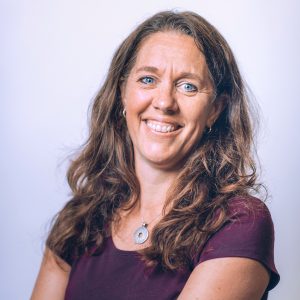
But Dumke soon realized how real the issue was. “When you look at the data, it’ll say it’s about 39% poverty level. Our northside schools are about 75%. So, of four kids, that means three kids are living in poverty.”
The revelation motivated Dumke to help children in crisis and led to a partnership with Wilson Jones, the former CEO of Oshkosh Corp., to start a foundation that would help children of struggling families find stable housing and education and become self-sufficient.
“At that time, our thought was we’d be buying backpacks or paying fees, or, sometimes giving haircuts because they couldn’t afford it,” said Dumke. “Never did I think at that time that we’d be building a Tiny House Village (THV) for homeless families.”
But amid COVID-19 and a moratorium on evictions, the foundation spent around $26,000 a month to put 28 families in hotels. Dumke and OKF Board President Will Deppiesse knew they needed to find a creative solution to give families the best chance to succeed.
“That led to the Tiny House Village and the concept of having supporting services on site so that it’s not just people getting shelter,” Deppiesse said.
During their 18-month stay, families must take classes on things like financial literacy and employability skills, as well as meet additional requirements.
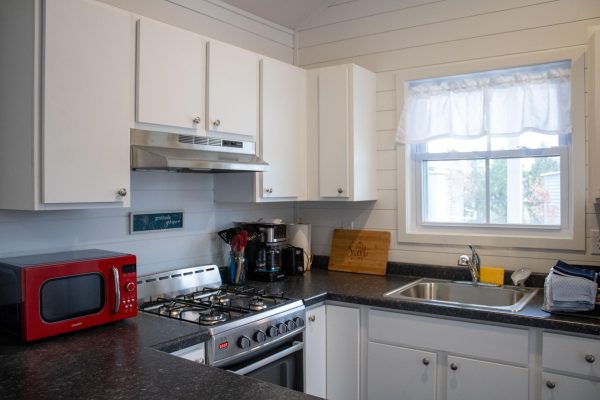
of the homes. THV provides an 18-month stay for homeless families.
“To apply here at THV they must qualify for our TBRA (tenant-based housing assistance) and receive a voucher for this program,” said Cori Laux, the homeless prevention specialist at the Tiny House Village.
“They pay a portion of their income, and then the rest is covered by the rental assistance voucher,” said Deppiesse. Families continue to receive the voucher for 6 months after graduating from the village.
The ultimate goal for the village is to be self-sustainable, with heated sidewalks to eliminate the cost of snow removal, residents mowing the lawn and the prospective installation of solar panels to eliminate electricity charges and bring in more money for services.
“That was TJ’s idea,” said Dumke of their first big donors, TJ and Valeta Rodgers. “He wanted to pay for and design the houses, and they had to be solar.” Rodgers is an Oshkosh native who founded Cypress Semiconductor and served as the business’s CEO for 34 years.
While they successfully carried out their idea, building the THV still had challenges.
“It was one year of meetings with the city because we don’t fit into any box,” said Dumke. “Our houses are not really considered houses; they’re not considered trailers. The city of Oshkosh was incredible in working with us to make this happen.”
“I’d say the other thing is that it was a difficult construction environment,” Deppiesse said. “There was a lot of inflation in materials and labor costs of construction, so the project cost ended up being higher than anticipated.”
Initial costs of construction were estimated at $3.5 million, while the final cost totaled about $6 million due to inflation, additional site requirements and more support needed from their construction partner, D&J Quality Construction.
Beyond the challenges of constructing the village, Laux also brought up obstacles that families dealing with homelessness may face.
“All families that have experienced homelessness also have faced some form of trauma, as well as difficulties providing necessities for their children,” she said.
“If you don’t have transportation, it is hard to find a job, make it to important appointments and to provide diapers, formula and food for their family,” Laux said.
Dumke said she believes the foundation and the village are a step in the right direction to help families break the cycle of poverty.
“Every person deserves to have a home,” said Dumke. “It’s not a privilege, it’s a right.”
While Deppiesse and Dumke said there are no current plans to expand the village or the foundation, they could always use help from UWO students and the community.
“As we have more and more classes for families, or for the parents at the Tiny House Village, we’ll continue to need some support to help watch the kids in a neighboring room so the parents can concentrate on the programming,” said Deppiesse.
“If folks are interested from a monetary perspective, we do still need to raise money for the Tiny House Village, and we’re always going to find needs for the families,” he said.
During her Fireside Chat at UWO in October, Dumke also said she wanted to leave students with a piece of advice.
“Don’t ever put yourself in a box. Never tell yourself never. Because that’s just a label, and you can do anything. I’m proof positive,” she said.


